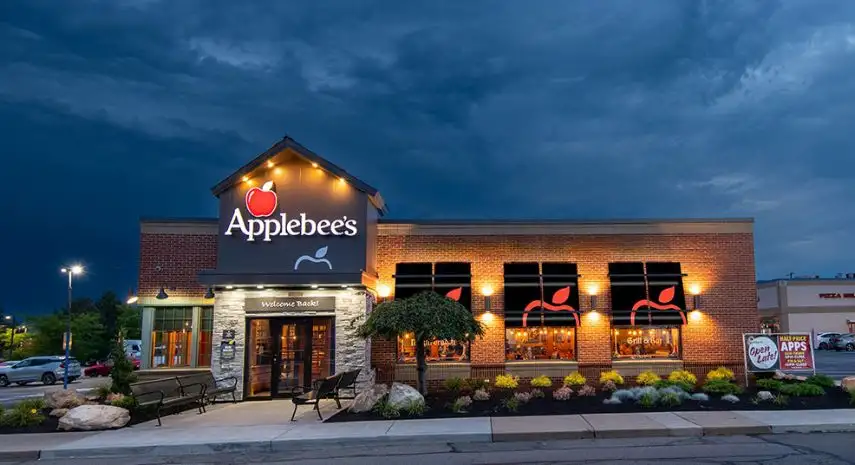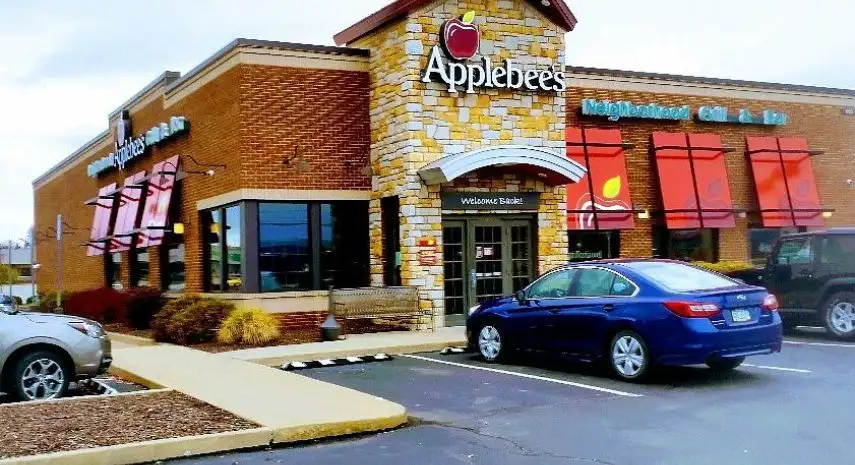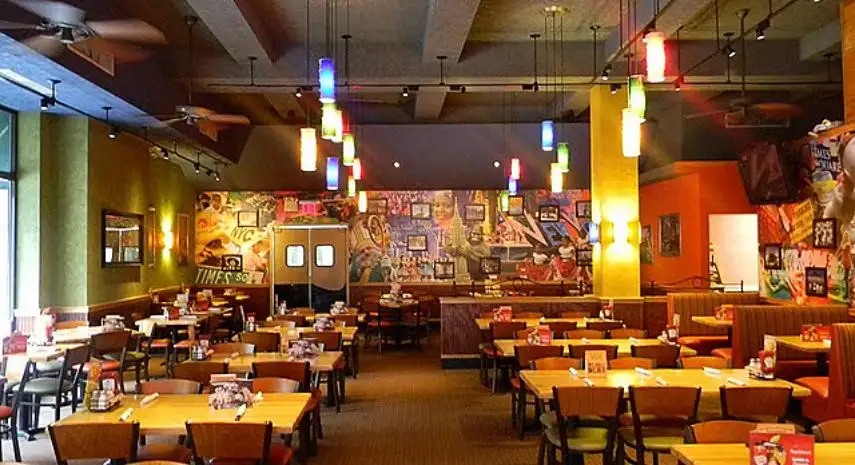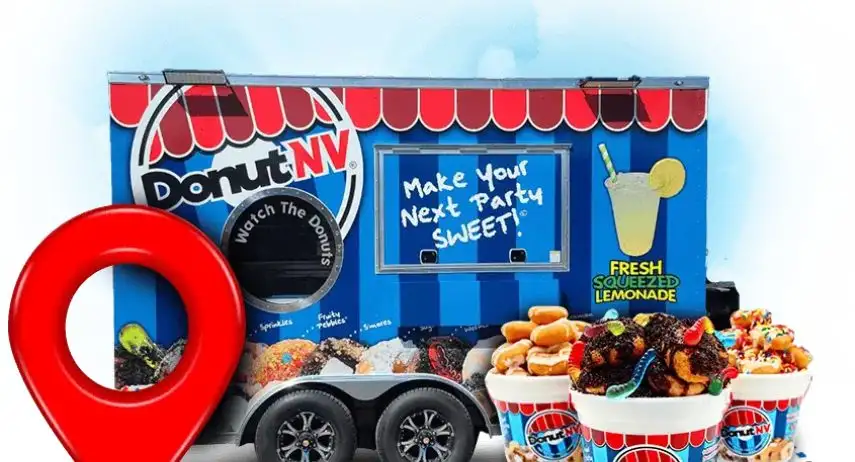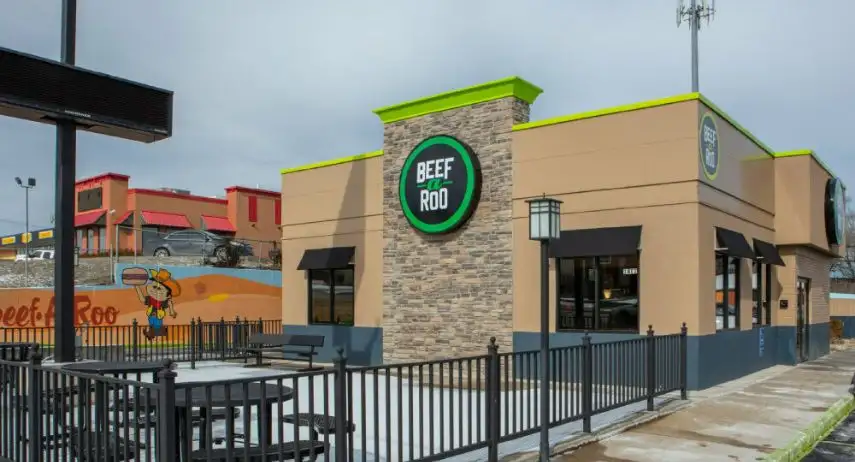Established
1980
Franchise Units
1500
Minimum Investment
$1,770,000
Franchise Fee
$35,000
Total Investment Range
$8,270,000
Home Based
No
Description
Applebee’s Neighborhood Grill & Bar stands as a cornerstone of American casual dining, offering a welcoming atmosphere where guests can enjoy classic American dishes like burgers, ribs, pasta, and salads.With over 45 years of experience, Applebee’s has cultivated a strong brand identity centered around community, comfort, and quality.As part of Dine Brands Global, Applebee’s continues to innovate and expand, making it an attractive franchise opportunity for investors seeking to enter the thriving restaurant industry.
Why Invest in This Franchise?
-
Established Brand Recognition: With over 1,500 locations across the U.S., Applebee’s is a household name in casual dining.
-
Proven Business Model: The franchise boasts an average unit volume of $2.8 million and a 21-year average franchisee tenure, indicating a stable and profitable operation.
-
Comprehensive Support: Franchisees receive extensive training and operational support, ensuring a smooth and successful business journey.
-
Innovative Growth Strategies: Initiatives like the dual-branding model with IHOP have shown significant revenue potential, with some locations generating up to three times the sales of standalone units.
Background
1. Established Year:
Applebee’s was founded in 1980 in Decatur, Georgia, by Bill and T.J. Palmer. The founders’ vision was to create a neighborhood-friendly, casual dining experience offering high-quality American comfort food in a welcoming atmosphere.
2. Franchise Units:
Today, Applebee’s operates over 1,500 locations across the United States, making it one of the largest casual dining chains in the country. Its extensive network of franchise units demonstrates a strong and established market presence.
3. Founders:
-
Bill Palmer – Experienced entrepreneur focused on restaurant operations.
-
T.J. Palmer – Co-founder, contributed to brand concept and growth strategy.
4. Brand Journey & Company History:
-
1980–1990: Started as a single neighborhood grill and expanded through franchising.
-
1990s: Rapid growth nationwide, positioning Applebee’s as a leading casual dining chain.
-
2007: Became part of Dine Brands Global, which also owns IHOP, enhancing operational expertise and resources.
-
Present Day: Continues to innovate through menu diversification, marketing initiatives, and dual-branding strategies (combining Applebee’s and IHOP in select locations).
5. Ownership:
Applebee’s is owned by Dine Brands Global, Inc., a publicly traded company (NASDAQ: DIN), providing franchisees with a stable corporate backing and access to corporate support systems.
6. Market Presence in the USA:
-
Strong presence in almost every state, with high brand recognition.
-
Focused on both urban and suburban areas with high foot traffic.
-
Active expansion through strategic franchising and dual-brand opportunities.
7. Industry Category:
-
Casual Dining Restaurants – Serving American cuisine with a focus on burgers, steaks, pasta, ribs, and salads in a casual, family-friendly setting.
8. Additional Information:
-
Applebee’s emphasizes a community-oriented experience, often hosting local events and promotions.
-
The brand has a long history of innovating marketing campaigns, loyalty programs, and menu offerings to stay competitive in the evolving restaurant industry.
-
Average unit volume is around $2.8 million, reflecting strong financial potential for franchise owners.
Support Training
Applebee’s offers a comprehensive support system designed to help franchisees succeed from the initial stages through ongoing operations. This support covers pre-launch planning, operational training, marketing, and continuous guidance.
1. Pre-Launch Support
-
Site Selection & Evaluation: Applebee’s provides expert guidance in choosing high-traffic, strategic locations that maximize profitability.
-
Design & Construction Assistance: Franchisees receive support with restaurant layout, interior design, and compliance with brand standards, ensuring a consistent Applebee’s experience.
-
Licensing & Permits: Guidance is provided on local, state, and federal regulatory requirements, streamlining the approval process.
-
Initial Inventory & Equipment Setup: Assistance in sourcing equipment, kitchen tools, and initial food inventory tailored to the store size and expected volume.
2. Operational Training
-
Comprehensive Restaurant Training: Franchisees and management teams participate in structured training programs covering daily operations, food safety, customer service, and staff management.
-
Hands-On Experience: Training includes practical experience in existing Applebee’s locations to understand operational workflows, efficiency, and customer interaction.
-
Systems & Technology Training: Instruction on POS systems, reporting tools, inventory management, and other digital platforms used for smooth restaurant operations.
3. Marketing & Branding Support
-
National Advertising Campaigns: Franchisees benefit from Applebee’s strong brand presence through TV, digital, and print advertising.
-
Local Marketing Assistance: Guidance on local promotions, community events, and social media campaigns to attract and retain customers.
-
Menu Promotions & Seasonal Campaigns: Regular updates and marketing campaigns to keep offerings fresh and engaging.
4. Ongoing Support
-
Field Support Visits: Applebee’s franchise consultants regularly visit units to monitor performance, provide operational guidance, and suggest improvements.
-
Continuous Training Updates: Franchisees and staff receive ongoing training to stay current with best practices, menu innovations, and customer service techniques.
-
Business Development Assistance: Help with analyzing financial performance, optimizing operations, and identifying growth opportunities.
-
Supply Chain Support: Franchisees have access to approved vendors and supply chains, ensuring quality, consistency, and cost efficiency.
5. Additional Support Features
-
Community Engagement Guidance: Assistance in organizing local events and partnerships to build brand loyalty.
-
Emergency & Problem-Solving Support: Franchisees can access corporate support for unexpected operational or staffing challenges.
-
Dual-Branding Guidance (Optional): For select locations, Applebee’s provides support in operating dual-branded restaurants with IHOP, enhancing revenue potential.
Ideal Candidate
Applebee’s looks for franchisees who are not only financially capable but also align with the brand’s values, operational standards, and community-focused philosophy. The ideal franchisee profile includes the following characteristics:
1. Business Experience & Skills
-
Restaurant or Multi-Unit Management Experience: Preferably candidates with experience managing restaurants, casual dining, or retail operations, including staff management, inventory control, and customer service.
-
Leadership Skills: Ability to motivate, train, and retain a strong team of employees to maintain high operational standards.
-
Operational Acumen: Competency in managing daily operations, handling finances, and ensuring efficiency in all areas of the restaurant.
2. Financial Capability
-
Minimum Net Worth: Typically around $2 million, ensuring franchisees have the financial strength to support the business during initial setup and growth phases.
-
Liquid Capital Requirement: At least $500,000 in readily available funds to cover initial investment, working capital, and operational expenses.
-
Long-Term Investment Commitment: Willingness to invest time, effort, and resources into building a successful franchise location.
3. Passion & Commitment
-
Passion for Hospitality & Food Service: A genuine interest in creating a welcoming dining experience and serving the local community.
-
Community Engagement: Commitment to fostering strong ties with local customers, participating in neighborhood events, and promoting a friendly atmosphere.
-
Brand Alignment: Dedication to upholding Applebee’s core values of quality, consistency, and customer satisfaction.
4. Entrepreneurial Spirit
-
Motivated & Proactive: Able to take initiative, solve problems, and drive business growth.
-
Adaptable: Open to learning and implementing corporate guidelines, operational systems, and marketing strategies.
-
Growth-Oriented: Interested in potentially expanding to multi-unit ownership or exploring dual-brand opportunities with IHOP locations.
5. Location Preference
-
High-Traffic & Community-Oriented Areas: Preferably in suburban or urban regions with strong foot traffic and a supportive local community.
-
Demographic Awareness: Understanding of the target customer base to tailor services and promotions effectively.
6. Additional Qualities
-
Resilience & Patience: Ability to navigate challenges in the restaurant industry, including staffing, seasonal fluctuations, and operational demands.
-
Collaborative Mindset: Willingness to work closely with Applebee’s corporate support teams for training, marketing, and operational guidance.
Financial Detail
| Financial Category | Details / Range |
|---|---|
| Minimum Investment Required | $1,770,000 (for smaller locations or minimal build-out) |
| Total Investment Required | $1,770,000 – $8,270,000 (varies by location, size, and construction costs) |
| Franchise Fee | Up to $35,000 |
| Royalty Fee | 4% of gross sales |
| Advertising Fee / Marketing Fund | 3.5% of gross sales (national + local marketing support) |
| Infrastructure / Build-Out Cost | Varies by location and restaurant size (includes kitchen equipment, furniture, signage, etc.) |
| Working Capital | $300,000 – $500,000 |
| Expected ROI | Varies; average unit volume ~$2.8 million indicates strong profitability |
| Break-Even Time | Typically 2 – 3 years |
| Revenue Streams | Dine-in, Takeout, Delivery, Catering Services |
| Average Unit Volume (AUV) | ~$2,800,000 per location annually |
| Number of Franchise Units in US | Over 1,500 |
